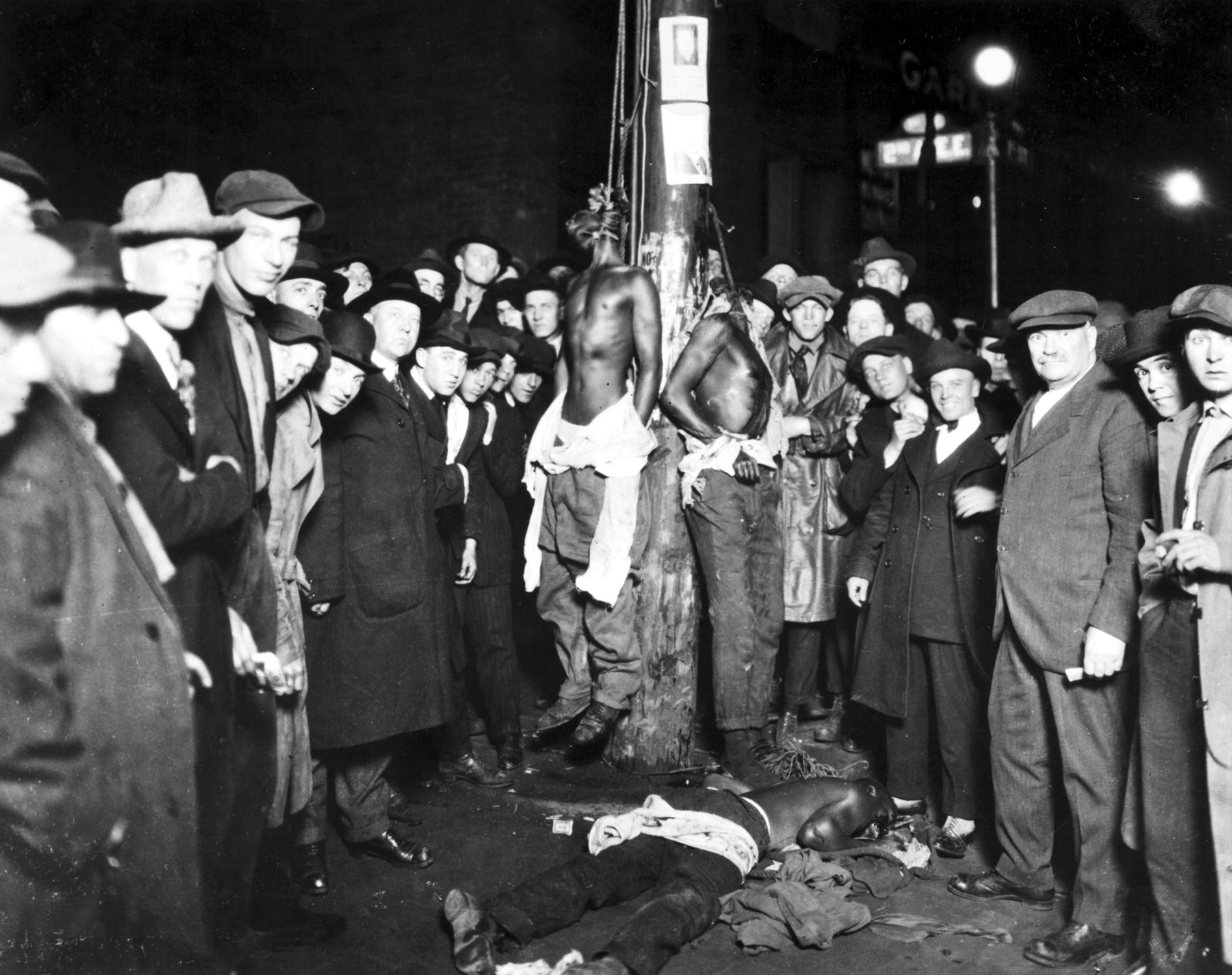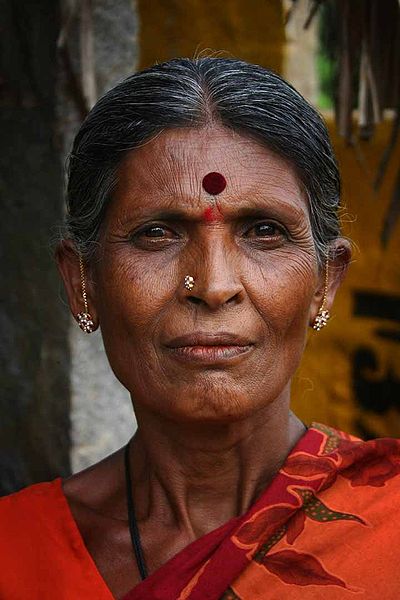Ayanna Nahmias, Editor-in-ChiefLast Modified: 23:25 PM EDT, 29 May 2010
 IRAN - Five Kurdish political prisoners were executed 9 May 2010 in Iran. One of the prisoners was a young woman named Shirin Alam Holi. Arrested in May 2008 in Tehran, the twenty-eight year old was sentenced to death for her alleged support of Pezhak, a Kurdish opposition group.
IRAN - Five Kurdish political prisoners were executed 9 May 2010 in Iran. One of the prisoners was a young woman named Shirin Alam Holi. Arrested in May 2008 in Tehran, the twenty-eight year old was sentenced to death for her alleged support of Pezhak, a Kurdish opposition group.
Convicted and sentenced to death on the charge of moharebeh (enmity with god), during her two-year incarceration she was repeatedly subjected to torture and degrading inhumane treatment to confess to supporting Pezhak. She had no legal representation during her long and grueling interrogation period and her rights as an accused were never observed. Neither Alam Holi, her family, or her lawyers were informed about the planned execution.
In the same month, Iran’s Revolutionary Court sentenced exiled women’s human rights activists Shadi Sadr and Mahboubeh Abbasgholizadeh in absentia to 6 years imprisonment and 74 lashes, and 2.5 years imprisonment and 30 lashes, respectively, for participation in peaceful demonstrations in 2007.
On 8 March 2010 Simin Behbahani's was leaving Tehran Airport for Paris to deliver a speech and read a few of her poems on the occasion of International Women's Day. Her passport was confiscated and despite her physical fragility and age, she was interrogated all through the night and told to report to the Revolutionary Court. For now, Behbahani is under country arrest. She is virtually a prisoner in her own country. Source: PBS News Hour
Simin Behbahani, also known as the Lioness of Iran wrote a poem about the horror of the execution of Shirin Alam Holi and her fellow prisoners.
NOT ONE, NOT TWO.......THEY WERE FIVE
By Simin Behbahani (translated by Fatemeh Keshavarz)
Not one, not two ...they were five and yet I don't know why
In my mind, they were more like fifty.
And, how is it possible that gallows [on which they were hanged]
Were, someday, trees that did not surrender to axes?
Tell me how to write about the treehood days of the gallows:
Standing firm for freedom, they dug their heels in the meadow.
When the breeze found them in the orchard and wrapped itself around their branches
Their message reached everyone in soft playful dances.
Now, heads have grown on them, heads hanging from broken necks,
Heads of full-bodied figures, perhaps champions in their own way.
Left waiting, feet-dangling-in-the-air, utterly robbed of their words,
These heads whose stories could have filled many books!
Only clouds could now rain tears on their broken bodies,
For mothers were not united with them even after their death.
Don't waste a complaint on the faithless judge, who
Was the enemy, not of darkness and tyranny, but of the Giver of life.
Source: Payvand Iran News
Behbahani's poem is eerily reminiscent of another famous lament of human rights abuses. Abuses that occurred in the United States made famous by Billie Holiday in the song 'Strange Fruit' which decried the abhorrent practice of 'lynching' in the South. Listen to song here.

Lynching is extrajudicial punishment carried out by a mob, often by hanging, but also by burning at the stake and shooting, in order to punish an alleged transgressor, or to intimidate, control, or otherwise manipulate a population of people, however large or small.
It is related to other means of social control that arise in communities, such as charivari, riding the rail, and tarring and feathering. Lynchings were more frequent in times of social and economic tension, and often were means by the politically dominant population to oppress social challengers. Nearly 5,000 African-Americans were lynched in the United States between 1860 and 1890.[1] Source Wikipedia
America has come a long way since these heinous acts, though racism and xenophobia by fringe groups is on the rise. However, it took the concerted effort of individuals and groups to highlight such atrocities as lynching and to valiantly fight to eradicate them.
Unknown to many Americans the women's movement in Iran began in the early 1900's. Since that time Persian women have played a significant role in the quest for equality. During the "White Revolution" in 1962, important women's rights measures, including suffrage and the Family Protection Law of 1967 were ratified. Later these laws were amended more heavily in favor of women in 1975, which ended extrajudicial divorce and restricted polygamy.[2]
Though the women in Iran continue to be faced with the daunting task of achieving equality, they persevere in challenging a theocracy dominated by a rigid religious machinery with deep cultural beliefs about the limitations of women. Sometimes this comes at the cost of their lives, at other times the cost of their freedom, yet they still prevail. Below is a photo montage of Persian women who have advanced the role of women in Iran, followed by a list of their names with hyperlinks to their biographies.
Some of the most notable activists are:[3][4]
Between the 'Nuclear Fuel Swap' brokered by Brazil for Iran and Turkey and the 'Moms of the Detained Hikers' returning home without their children, this contentious nation very much in the public's eye. Iran is a country plagued with human rights abuses and under the current government Women's Rights in Iran continue to erode as the government cracks down on women like Behbahani who are viewed as subversive.
We may yet know the fate of Simin Behbahani, however, her voice is an inspiration to all who seek to promote peace through the exploration of our commonalities versus our differences. As a woman and a writer, she is a testament to the power of a single voice to change lives.
Follow Nahmias Cipher Report on Twitter
Twitter: @nahmias_report
Editor: @ayannanahmias





























